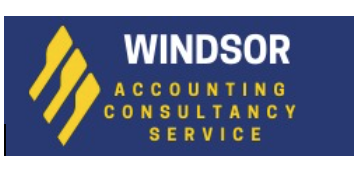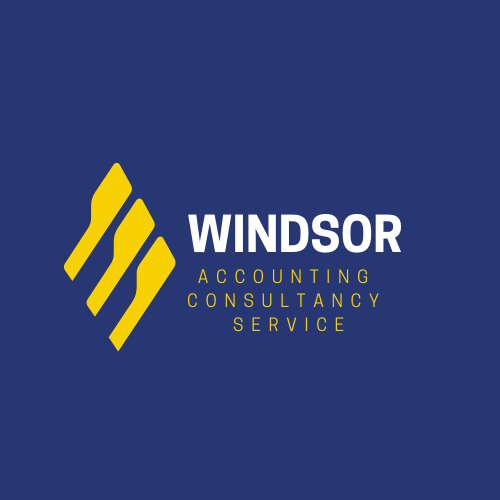Accounting Internal Control and System Set-up

The internal control system consists of the formal policies and procedures that do the following:
- ensure assets are properly used
- ensure that the accounting system is functioning properly
- monitor operations of the organization to ensure maximum efficiency
The control system plays an important role in detecting and preventing fraud and protecting the organization’s resources, both physical (e.g., machinery and property) and intangible (e.g., reputation or intellectual property such as trademarks).
Controls can be evaluated and improved to make a business operation run more effectively and efficiently. If the internal control system is thought of by executives as only a means of preventing fraud and complying with laws and regulations, an important opportunity may be missed. Internal controls can also be used to systematically improve businesses, particularly in regard to effectiveness and efficiency.
At the organizational level, internal control objectives relate to the reliability of financial reporting, timely feedback on the achievement of operational or strategic goals, and compliance with laws and regulations.
At the specific transaction level, internal control refers to the actions taken to achieve a specific objective (e.g., how to ensure the organization’s payments to third parties are for valid services rendered.) Internal control procedures reduce process variation, leading to more predictable outcomes.
3 Steps of Internal Control and Accounting System Setup
Understand client’s business
The first step consists of discussions with our clients about their business in order to understand their mid-long-term goals. The initial discussion also makes it possible to understand how their organization is structured and their existing operational processes to be able to come up with the most suitable control and accounting system or software.
Control Designed + Accounting System
With a deep understanding of our client’s business nature and goal, we will design suitable controls by developing manuals and policies to best fit across relevant operational processes. These are mainly related to accounting functions such as procurement, warehouse, point of sale, as well as the back-end accounting system in order to effectively produce timely business and financial results for decision making.
Coaching and Control Testing
Once the proposed control system is agreed with the client, we closely work with their team to implement the system by providing hands-on training, step-by-step control testing and ultimately going live.

